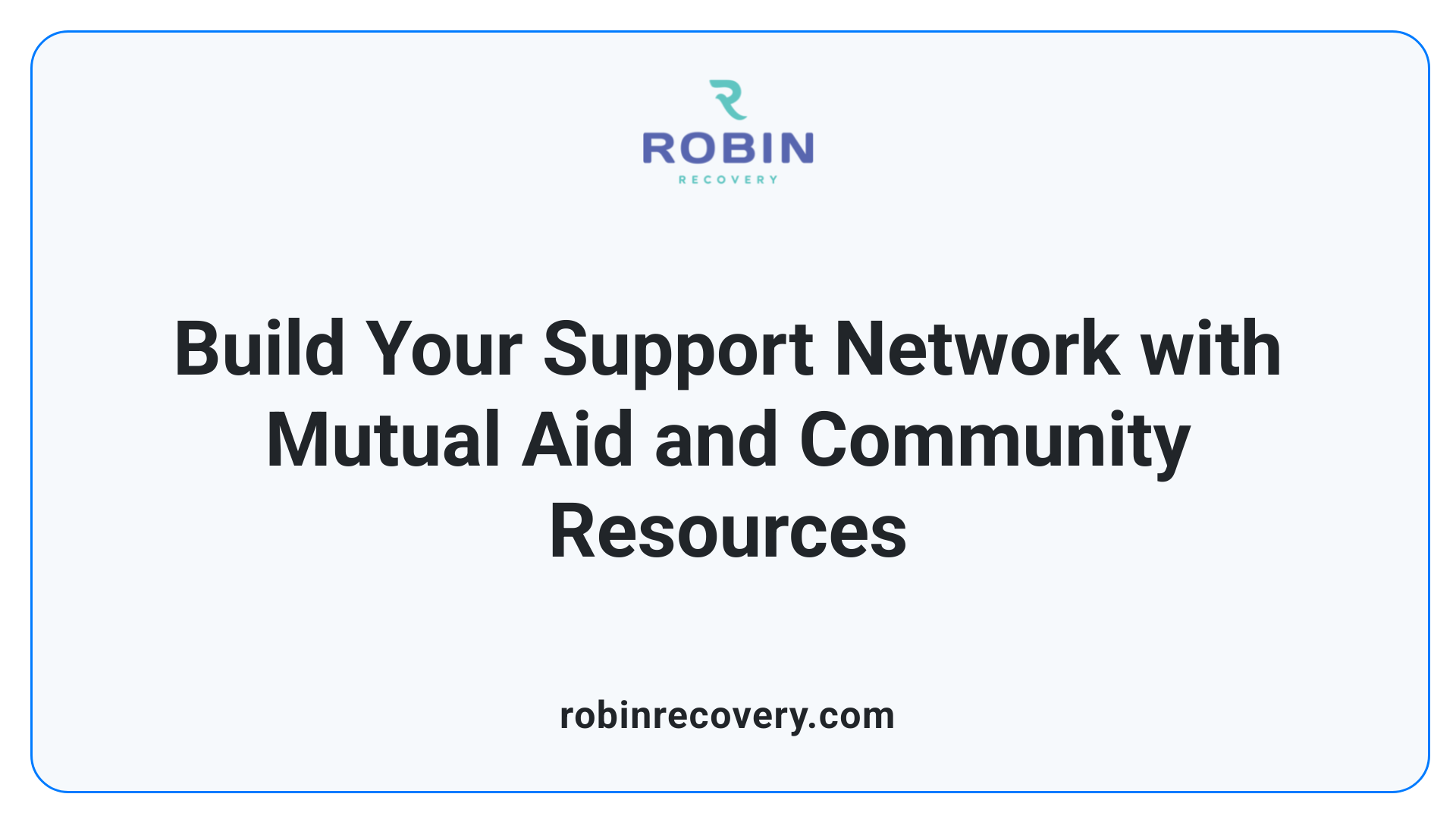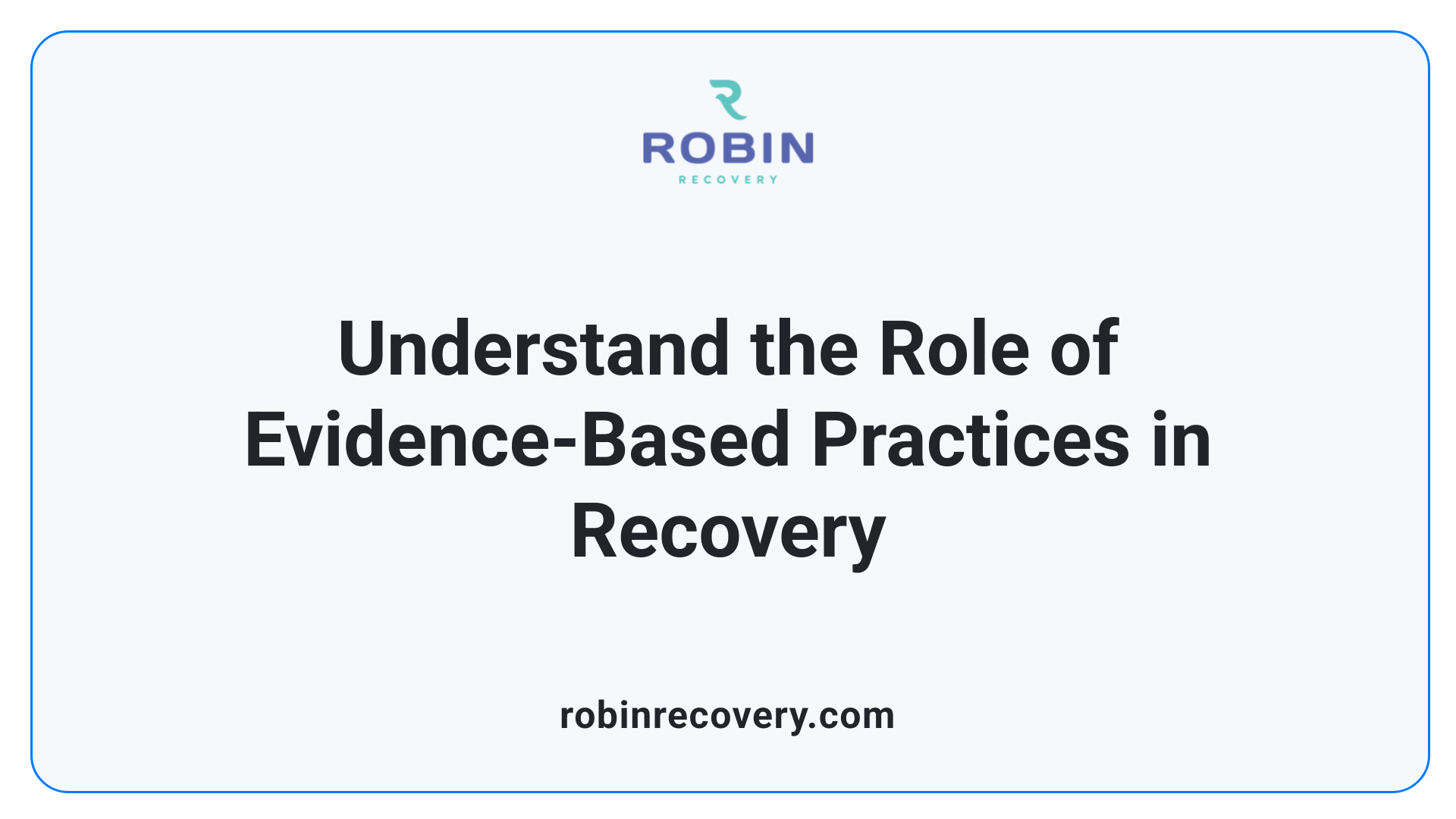Addiction Recovery Medical Services

Understanding Addiction Recovery Services and Treatment Approaches
Addiction Recovery Medical Services (ARMS) provides a broad spectrum of treatment options, support programs, and evidence-based practices designed to aid individuals facing substance use disorders. From medically supervised detoxification to long-term outpatient care, ARMS and other centers prioritize personalized, holistic approaches to help people regain control over their lives and foster sustainable recovery.
Types of Addiction Recovery Programs

Recovery from substance use disorders involves a variety of supportive programs designed to help individuals maintain sobriety and rebuild their lives.
One fundamental aspect includes recovery support services such as mutual aid groups, which include well-known programs like Alcoholics Anonymous and Narcotics Anonymous. These groups provide peer-led support, sharing experiences and strategies for maintaining sobriety.
Recovery coaching is another essential element, offering personalized guidance from trained professionals or peers who have experienced recovery themselves. Additionally, recovery housing provides a safe, drug-free environment where individuals can reside while working on their recovery plans.
Recovery-Oriented Systems of Care emphasize the importance of long-term treatment and management. These include extended outpatient programs that offer ongoing support, periodic checkups, and integrated treatment options tailored for severe or chronic addiction cases.
Beyond clinical settings, social and recreational infrastructures play a vital role in fostering a healthy, supportive community. Recovery cafes serve as social hubs where individuals can connect in a relaxed atmosphere. Sports leagues and arts programs promote active engagement and help build new social networks outside of substance use.
Recovery community centers and educational initiatives further support ongoing recovery efforts. These centers often provide workshops, relapse prevention training, and resources tailored for different age groups, including youth and college students. They serve as vital touchpoints for community involvement, education, and sustained sobriety.
The Substance Abuse and Mental Health Services Administration (SAMHSA) offers a 24/7 helpline—1-800-662-HELP (4357)—to connect individuals and families with local treatment facilities, support groups, and community organizations. This comprehensive network of programs and resources underlines the importance of a holistic approach to addiction recovery, supporting individuals through various stages and aspects of their journey toward health.
Foundational Principles and Rules of Recovery

What are the five rules of addiction recovery?
Understanding the core principles of recovery can make the journey less daunting. The five essential rules serve as guiding lights for individuals working to overcome addiction.
First, change your life. Recovery often requires making significant adjustments—be it lifestyle, habits, or mindset—to create an environment conducive to healing.
Second, be honest. Transparency with yourself and others fosters trust and accountability, which are vital for making progress.
Third, ask for help. Support from professionals, family, and peer groups can provide encouragement and practical guidance.
Fourth, practice self-care. Emphasizing physical and mental well-being through proper nutrition, rest, and stress management supports sustained recovery.
Finally, don’t bend the rules. Staying committed to the treatment plan and personal boundaries is crucial to avoid setbacks.
Why are these simple principles important?
Recovery is manageable when viewed through clear, memorable rules. These principles demystify the process, showing that it's based on straightforward actions anyone can adopt. By focusing on these fundamental concepts, individuals can build a strong foundation for lasting sobriety and well-being.
Medical Specialties and Evidence-Based Practices in Addiction Treatment

What medical specialty deals with addiction?
Addiction medicine is a specialized field within healthcare dedicated to treating substance use disorders. Physicians working in this area often hold certifications specifically in addiction medicine, and addiction psychiatrists focus on managing the mental health aspects associated with addiction. The American Society of Addiction Medicine (ASAM) is a prominent organization with over 8,000 members, providing education, developing treatment guidelines, and advocating for improved access to care. These professionals work together to craft personalized treatment plans and promote the use of proven, evidence-based interventions. As a distinct medical specialty, addiction medicine emphasizes a comprehensive approach aimed at recovery and long-term health.
The role of addiction psychiatrists in managing psychiatric aspects of substance use disorders
Addiction psychiatrists play a crucial role by addressing co-occurring mental health conditions such as depression, anxiety, or bipolar disorder that often accompany substance use disorders. They utilize psychiatric assessments and medications alongside therapy to ensure a holistic approach. This integrated care helps stabilize mental health, reduces cravings, and decreases relapse risk. Their expertise is vital for providing specialized interventions that consider the complex interplay between mental health and addiction.
The importance of evidence-based practices like medication-assisted treatment (MAT)
Evidence-based practices form the backbone of effective addiction treatment. Medication-assisted treatment (MAT) combines FDA-approved medications with counseling and support services to increase the chances of recovery. Medications such as methadone, buprenorphine (including Suboxone and Sublocade), and naltrexone (like Vivitrol) help manage withdrawal symptoms, cravings, and prevent overdose. These medications have been extensively studied and are recognized as the gold standard in treating opioid use disorder.
Guidelines from organizations like ASAM and resources like FindTreatment.gov
Organizations such as the American Society of Addiction Medicine (ASAM) develop clinical guidelines to promote safe and effective treatment practices. The ASAM Criteria, now in its 4th edition, offers comprehensive standards for developing individualized care plans, especially for complex cases involving co-occurring disorders.
For individuals seeking treatment options, FindTreatment.gov serves as an authoritative resource. Managed by SAMHSA, this website helps people locate certified treatment facilities across the United States. It offers detailed information on available programs, including medication-assisted options, counseling services, and support groups. The platform is regularly updated, ensuring users access current, reliable information about addiction treatment resources.
Below is a summary table highlighting key aspects of addiction treatment specialties and practices:
Aspect Details Additional Notes Specialty Addiction Medicine Focuses on medical treatment of substance use disorders Role of Addiction Psychiatrists Manage psychiatric co-morbidities, prescribe medications Integral for holistic care Medication Options Methadone, Buprenorphine, Naltrexone FDA-approved, effective for opioid use disorder Organizational Guidelines ASAM Criteria Ensures standardized, evidence-based approaches Resource Website FindTreatment.gov Comprehensive, updated treatment locator
Through these specialties, medications, and resources, modern addiction treatment emphasizes a science-based, patient-centered approach, enhancing recovery outcomes and supporting long-term wellness.
Operational Aspects of Addiction Treatment Centers
What are the key features of facilities like ARMS and other treatment centers, including accreditation, services offered, and accessibility?
Addiction treatment centers such as Addiction Recovery Medical Services (ARMS) in North Carolina and similar organizations are accredited by reputable bodies like the Commission on Accreditation of Rehabilitation Facilities (CARF). This accreditation ensures that the facilities meet high standards for quality and safety in addiction care. Many centers offer a range of outpatient services, including medication-assisted treatment (MAT), individual and group counseling, detoxification, and faith-based programs.
Accessibility is also a priority; centers like ARMS provide walk-in services, accept most insurance plans including Medicaid and Medicare, and often offer both in-person and telehealth options. Their locations are typically designed to be welcoming, with some resembling serene, hotel-like environments that promote comfort and recovery.
Why is individualized treatment planning important, especially involving medications like methadone, buprenorphine, and naltrexone?
Personalized treatment plans are integral to effective addiction recovery. Centers like CMS and ARMS focus on tailoring medications and therapy to each individual's needs. Medications such as methadone, buprenorphine (including Suboxone), and naltrexone are FDA-approved and are often used to manage opioid use disorders, help relieve withdrawal symptoms, reduce cravings, and prevent overdose.
These medications are combined with counseling and community support to optimize recovery. The healthcare team evaluates each patient’s history, severity of addiction, and co-occurring conditions to determine the lowest effective dose, ensuring safety and efficacy.
What role do outpatient and inpatient programs, including detox and intensive outpatient services, play?
Outpatient programs allow individuals to receive treatment while maintaining daily routines. These include outpatient detox, intensive outpatient programs (IOP), and ongoing counseling. Inpatient medical detox provides 24/7 supervision using medications and therapies to support safe withdrawal from substances.
Centers like Atrium Health offer inpatient detox for those needing close medical management, while outpatient services help patients practice recovery skills in real-world settings over several weeks. Post-treatment support, such as group therapy and community resources, strengthens the long-term recovery process.
How are urine drug confirmation analysis and breathalyzers used to monitor progress?
Monitoring tool such as urine drug tests and breathalyzers are routinely employed in treatment settings to verify abstinence and assess ongoing drug use. Urine tests can detect various substances to ensure medication compliance and detect relapse early.
Breathalyzers are particularly useful for monitoring alcohol use, especially during counseling and support group sessions. These objective measures help clinicians make informed decisions about treatment adjustments and provide accountability throughout recovery.
Aspect Description Additional Details Accreditation Ensures quality & safety CARF accreditation, industry standards Medications Treatment for opioid & alcohol use Methadone, buprenorphine, naltrexone Program Types Outpatient & inpatient Detox, IOP, faith-based programs Monitoring Tools Drug & alcohol testing Urine analysis, breathalyzers
Support and Resources for Sustained Recovery
Ongoing support is essential for maintaining long-term sobriety after initial treatment. Alumni programs, community engagement, and family education play vital roles in providing continued encouragement and accountability. Many treatment providers, like ARMS and Texas Health, offer alumni networks that connect individuals with peers and mentors, fostering a sense of community.
Public resources such as FindTreatment.gov serve as valuable tools for locating treatment facilities across the United States. This official portal provides confidential information on local addiction and mental health services, helping individuals find appropriate care options tailored to their needs.
Efforts in public health, including advocacy and research, are crucial for improving recovery outcomes. Organizations like SAMHSA and ASAM continuously work to develop evidence-based practices, influence policy, and raise awareness about addiction as a treatable condition. These initiatives help ensure that individuals receive comprehensive support that promotes lasting recovery.
Empowering Long-Term Recovery
Effective addiction recovery involves a combination of evidence-based medical treatments, continuous support systems, and community engagement. Recognizing addiction as a chronic disease that requires ongoing management, organizations like ARMS and nationally recognized guidelines advocate for a personalized, holistic approach. By combining medications, counseling, peer support, educational resources, and community involvement, individuals are better equipped to maintain sobriety and rebuild their lives with resilience and hope.
References
- National Helpline for Mental Health, Drug, Alcohol Issues
- Addiction Recovery Medical Services | Medication Assisted ...
- Community Medical Services | Addiction Treatment Services
- Addiction Recovery Medical Services | Methadone Clinic
- Drug and Alcohol Addiction Treatment
- American Society of Addiction Medicine: ASAM
- FindTreatment.gov: Home
- Addiction-Recovery-Medical-Services-DBA-ARMS-237009
- Medications for Substance Use Disorders
- Addiction Recovery Management Service
